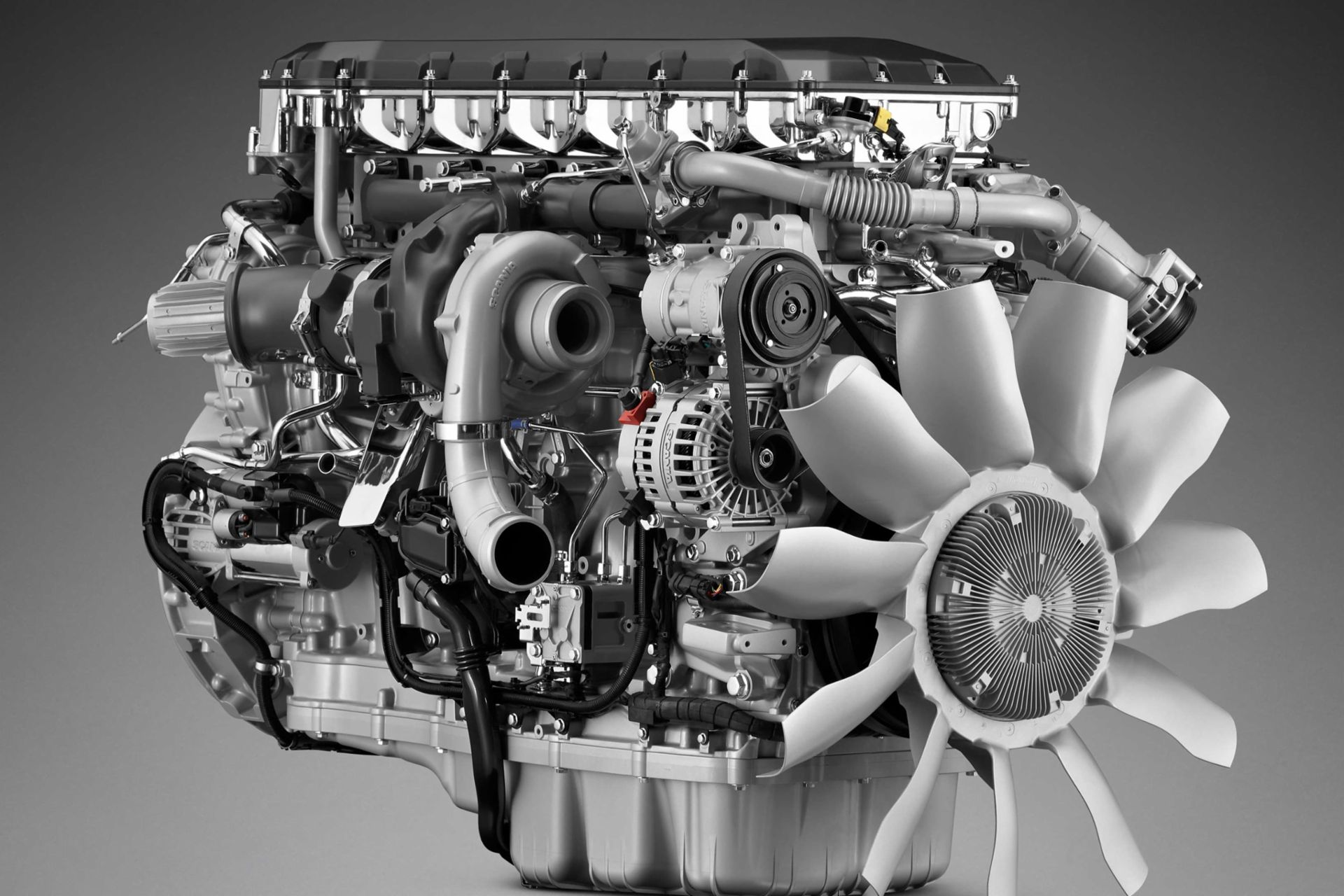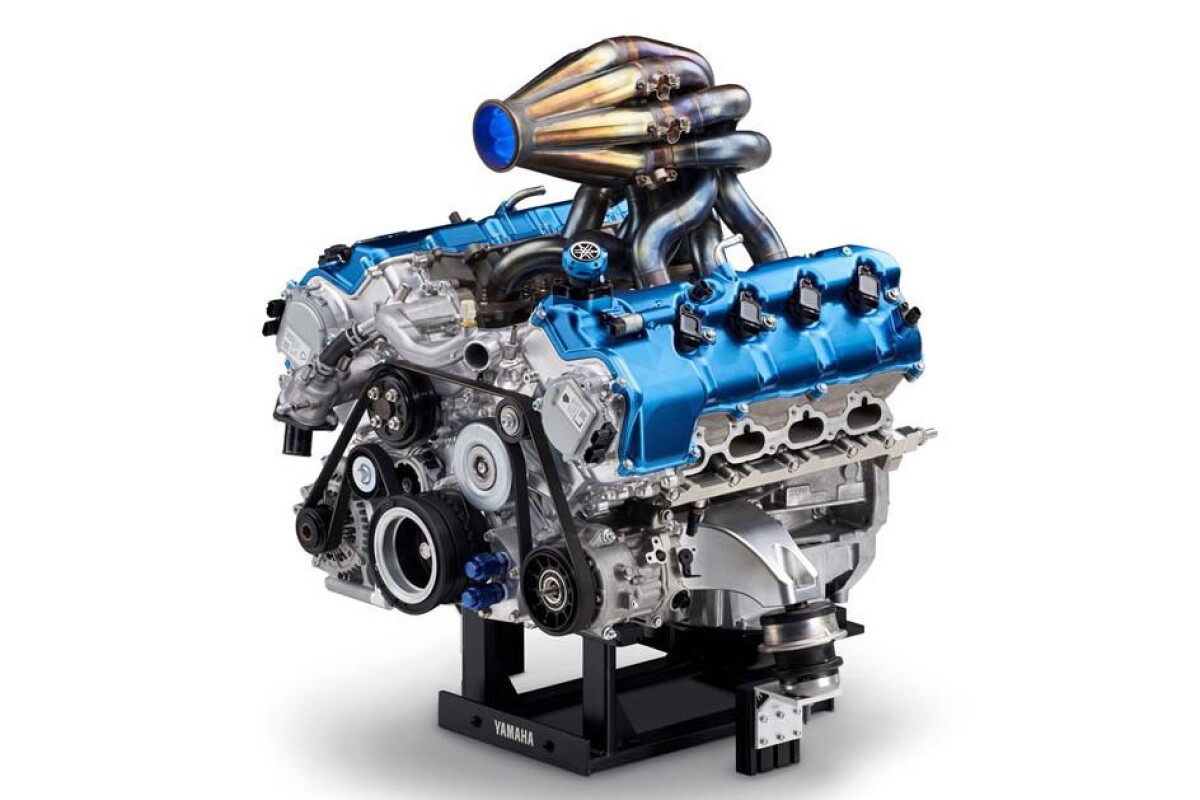Explore Quality Options with Engines For Africa's Stock
Explore a Vast Array of Engines for Every Car and Purpose
The automotive landscape is progressively complicated, with a diverse array of engine types developed to satisfy specific performance and effectiveness needs throughout various car groups. From the high-performance engines that power sports autos to the fuel-efficient choices customized for daily commuting, the choices are vast and varied. Furthermore, durable engines offer the requirements of work automobiles, while environmentally friendly alternatives are acquiring traction in the pursuit of sustainable transport. Comprehending these distinctions is essential for making educated decisions, especially as emerging innovations remain to shape the future of automobile design. What implications might these developments hold for customers and manufacturers alike?
Sorts Of Automotive Engines
Automotive engines can be classified right into several distinctive kinds, each developed to fulfill details efficiency and efficiency demands. One of the most typical classifications include interior combustion engines, electric engines, and crossbreed systems.

Electric engines, on the other hand, operate electrical power stored in batteries, giving instant torque and no emissions. These engines are coming to be increasingly prominent as a result of developments in battery modern technology and the expanding emphasis on sustainability.
Crossbreed systems combine both interior combustion and electric engines, enabling cars to optimize fuel efficiency and lower discharges by effortlessly switching over in between source of power. Each engine type presents its benefits and negative aspects, affecting variables such as automobile layout, planned usage, and market demand. Comprehending these distinctions is important for customers and producers alike when selecting the ideal engine for their particular requirements.
Performance Engines for Sports Cars
Efficiency engines for cars are specifically crafted to supply enhanced rate, power, and dexterity, setting them apart from standard auto engines. These engines typically use advanced technologies such as turbocharging, turbo charging, and variable valve timing to make best use of efficiency and responsiveness.
Normally, efficiency engines are designed with greater compression proportions, which permit better energy removal from gas. This results in remarkable horse power and torque figures, allowing quick acceleration and greater full throttle. Furthermore, the lightweight products used in these engines, such as light weight aluminum and carbon fiber, add to reduced total vehicle weight, improving handling and maneuverability.
Engine setups like V6, V8, and even hybrid systems prevail in performance sports cars and trucks, each offering special benefits in terms of power distribution and driving characteristics. The tuning of these engines is likewise crucial; several manufacturers maximize the engine management systems to offer an exhilarating driving experience, commonly including sporting activity settings that adjust throttle action and gear shifts.
Reliable Engines for Daily Commuters
In the realm of everyday travelling, effective engines play a crucial function in maximizing fuel economic climate and minimizing discharges while giving reputable efficiency. As urban populations grow and ecological concerns heighten, the need for lorries geared up with effective powertrains has actually risen.
Modern engines designed for daily travelers usually incorporate innovations such as turbocharging, direct gas shot, and crossbreed systems. Turbocharging boosts engine efficiency by forcing more air into the combustion chamber, enabling smaller sized, lighter engines that do not endanger power result. Straight gas shot boosts gas atomization, bring about better combustion and enhanced efficiency.
Hybrid engines, combining internal combustion with electric power, further augment fuel economy, particularly in stop-and-go traffic, where typical engines can experience ineffectiveness. Electric electric motors aid throughout velocity and can run separately at low speeds, lowering general fuel consumption.
Furthermore, developments in engine management systems and light-weight products contribute considerably to efficient engine layout. By concentrating on efficiency, sturdiness, and environmental sustainability, manufacturers remain to provide engines that not only meet the needs of day-to-day commuting but also straighten with international efforts to reduce carbon impacts.
Heavy-Duty Engines for Work Automobiles
Heavy-duty engines for job automobiles are regularly engineered to supply outstanding torque and dependability under demanding problems. These engines are developed to execute in settings where conventional engines might falter, such as construction websites, logging operations, and farming settings. The main focus of durable engines is their ability to create high levels of power while keeping resilience over expanded periods of procedure.
Usually, sturdy engines use innovative materials and durable construction techniques to stand up to the rigors of hefty work. Functions such as reinforced cyndrical tube blocks, boosted air conditioning systems, and progressed gas injection modern technologies contribute to their efficiency. These engines often run at reduced RPMs, which helps to enhance gas efficiency while supplying the essential power for hauling and carrying.
In enhancement to mechanical effectiveness, heavy-duty engines are typically outfitted with sophisticated electronic control systems (ECUs) that take care of efficiency, exhausts, and diagnostics. This integration enables for much better surveillance and upkeep, ensuring that work cars stay functional and effective.
Inevitably, sturdy engines are an important element in the efficiency of different markets, supplying the essential power and integrity to take on the hardest of jobs.
Eco-Friendly Engine Options
The expanding emphasis on sustainability has actually led read more to the development of environmentally friendly engine choices that prioritize decreased discharges and improved fuel effectiveness. These engines are developed to reduce the environmental effect of cars while still supplying the performance and dependability expected by customers.
Amongst one of the most significant environmentally friendly options are hybrid and electrical engines. Crossbreed engines integrate traditional inner burning engines with electric propulsion, permitting reduced gas usage and lower greenhouse gas exhausts. Electric engines, on the other hand, operate totally on battery power, creating zero tailpipe exhausts and adding to cleaner air recommended you read quality.
An additional appealing advancement is the innovation of biofuel engines, which use renewable energies, such as plant products, to power cars (Engines For Africa). By utilizing biofuels, these engines can decrease dependence on fossil fuels and reduced overall carbon footprints

As the vehicle industry progresses, environmentally friendly engine options will certainly play an essential duty in driving the transition in the direction of more lasting transportation solutions.
Final Thought
The automotive market offers a varied array of engines developed to meet different vehicle demands and objectives. From high-performance engines that enhance cars capacities to efficient versions prioritizing fuel economic situation for daily travelers, each kind serves a certain feature. Heavy-duty engines deal with durable job cars, while green options, such as electric and biofuel engines, advertise sustainable transport. This comprehensive range ensures that all driving demands are resolved, contributing to developments in auto modern technology and environmental stewardship.
